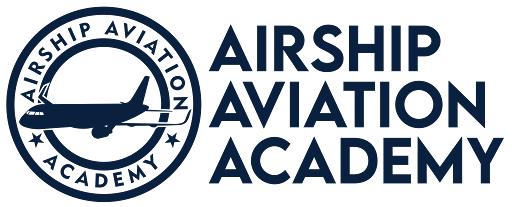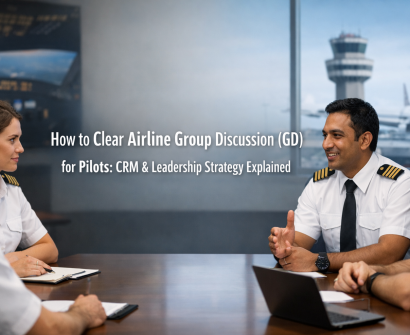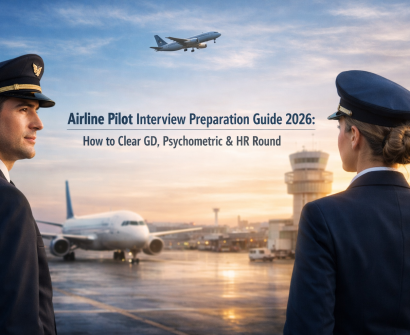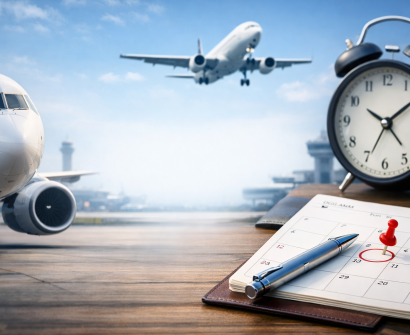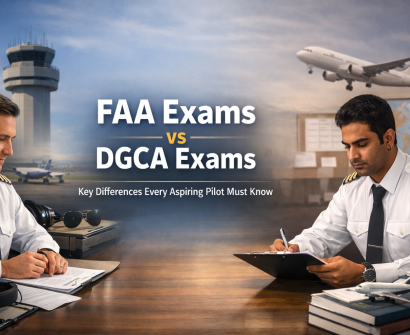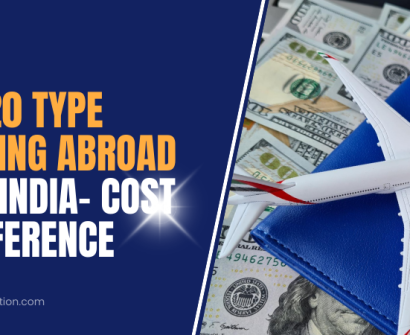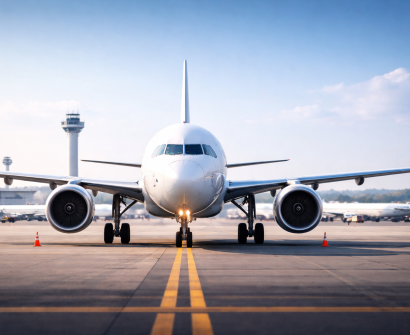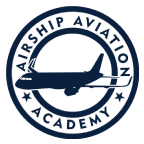Currently Empty: ₹0.00

Becoming a pilot is not just about having the technical knowledge and flying skills. It also requires excelling in interviews conducted by airlines or pilot training institutes. The interview process is designed to assess your suitability for the role, focusing on your technical expertise, problem-solving abilities, communication skills, and overall personality. Preparing effectively for these Airline Pilot Course is crucial for aspiring pilots to make a strong impression and secure their position in the competitive aviation industry.
This blog provides an in-depth guide on preparing for pilot interview questions, offering insights into the types of questions asked, tips for preparation, necessary skills, and the duration of interview preparation.
Questions Asked in Airline Pilot Interview
Pilot interviews typically encompass a range of questions designed to evaluate your technical knowledge and personal attributes. Here are some common categories of questions you might encounter:
- Technical Questions: These questions assess your understanding of aviation principles, aircraft systems, navigation, meteorology, and regulations. For instance, you might be asked to explain the principles of flight, describe the functioning of an aircraft’s engine, or discuss various weather phenomena and their impact on flight operations.
- Behavioural Questions: Airlines often use behavioural questions to understand how you have handled specific situations. These questions usually start with phrases like “Tell me about a time when…” and aim to gauge your problem-solving abilities, teamwork, leadership, and stress management skills.
- Situational Questions: These questions present hypothetical scenarios to examine your capacity to handle adverse situations and decision-making traits. For example, you might be asked how you would respond to an in-flight emergency or manage a conflict with a crew member.
- Personal Questions: These questions help interviewers understand your motivations and career aspirations and fit with the company culture. You might be asked about your reasons for becoming a pilot, your long-term career goals, and what you know about the airline or training institute.
Tips to Prepare for Interview
- Research the Institute: Understand the organisation’s history, values, fleet, routes, and recent news. This knowledge shows your genuine interest and can help tailor your responses to align with the company’s culture and values.
- Review Common Interview Questions: Practise answering common technical, behavioural, and situational questions. Consider enlisting a mentor or using online resources for a comprehensive list of potential questions and ideal responses.
- Simulate the Interview Environment: Conduct mock interviews with friends, family, or professional mentors to simulate the interview environment. This practice can help you become more comfortable with the format and receive constructive feedback.
- Stay Updated on Aviation News: Keeping abreast of the latest developments in the aviation industry demonstrates your passion for the field and ensures you can discuss current topics knowledgeably.
- Prepare Your Documents: Ensure all necessary documents, including your logbook, certificates, and identification, are organised and readily accessible.
- Dress Appropriately: First impressions matter. Dress professionally to convey your seriousness about the role and respect for the interview process.
Skills Required for Interview
- Technical Knowledge: A firm grasp of aviation principles, aircraft systems, and regulations is essential. Continuous learning and staying updated on the latest industry standards are crucial.
- Communication Skills: It is important to have clear and effective communication because it is important in aviation. Practice jotting down your thoughts concisely and confidently in technical and non-technical contexts.
- Problem-Solving Abilities: Pilots must be able to think quickly and make sound decisions under pressure. Demonstrating your problem-solving skills through past experiences or hypothetical scenarios is essential.
- Teamwork and Leadership: Pilots often work with a group of people. So, show your ability to collaborate, lead when necessary, and contribute positively to a team.
- Emotional Intelligence: The ability to manage stress, stay calm under pressure, and handle interpersonal conflicts diplomatically is crucial in the high-stakes environment of aviation.
- Adaptability: The aviation industry is dynamic, with frequent changes in technology, regulations, and operating procedures. Show your willingness and ability to adapt to new situations and challenges.
Duration of Interview Preparation
The duration of interview preparation varies depending on your background and experience. Ideally, it would help to prepare several weeks to a few months in advance. Here’s a suggested timeline:
Three Months Before the Interview:
- Begin with a self-assessment to identify strengths and areas for improvement.
- Start gathering study materials and resources.
- Review technical knowledge and brush up on core aviation concepts.
- Practice answering common interview questions.
- Start doing mock interviews to know the interview environment.
- Get feedback from instructors or batchmates to refine your responses.
- Focus on specific areas where you need improvement.
- Ensure all your documents and certifications are in order.
- Conduct a final review of all materials.
- Prepare your attire and ensure you know the interview location and logistics.
- Practice relaxation techniques to manage pre-interview nerves.
- Enroll in Aviation Training Academy
FAQs
Q1. What are the most common technical questions asked in pilot interviews?
Common technical questions include explaining the principles of flight, describing aircraft systems, discussing navigation techniques, and understanding aviation regulations.
Q2. How can I improve my problem-solving skills for the interview?
Practice by analysing hypothetical scenarios, reviewing past experiences where you solved problems, and staying updated on industry best practices.
Q3. What should I wear to a pilot interview?
Dress professionally to convey seriousness and respect for the interview process.
Q4. How important is knowing about the airline or institute conducting the interview?
It’s essential. Understanding their values, fleet, routes, and recent news shows your genuine interest and helps tailor your responses.
Q5. How can I demonstrate my communication skills during the interview?
Practice jotting down your thoughts clearly and concisely, and engage in mock interviews to improve your confidence and clarity.
Conclusion
Preparing for a pilot interview requires a comprehensive approach which focuses on technical knowledge and personal skills. Aspiring pilots can increase their chances of success by understanding the types of questions asked, practising thoroughly, and achieving essential skills. Start early, stay organised, and remain confident in your abilities.
